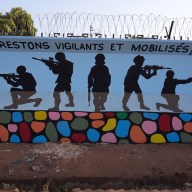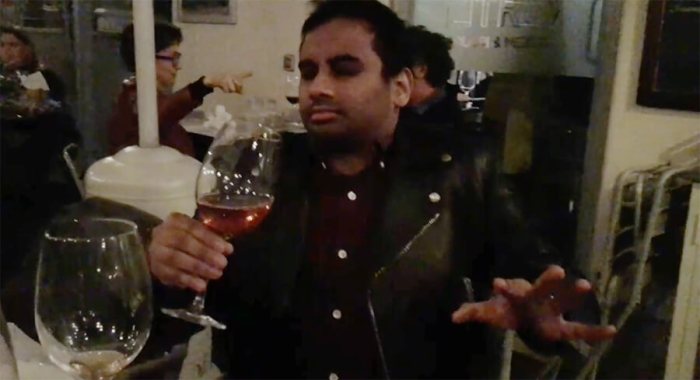Sweetie is a 10-year-old girl from the Philippines and every day she logs into a chat room to talk to grown men from all around the world. Some of them offer her money to have webcam sex with them and many of them pleasure themselves in front of her. But Sweetie is not alone: According to Terres des Hommes Netherlands, a group dedicated to children’s rights, tens of thousands of children in the Philippines are locked into the growing webcam child sex tourism industry.
But Sweetie is different from the rest: She isn’t real. Terres des Hommes created the virtual girl from scratch to lure sexual predators into webcam interactions with them. Researchers from the organization operated “Sweetie” from a building in Amsterdam and entered public chat rooms. In a short period of time, over 20,000 people from the U.S., the U.K. and India, among other countries, approached the young virtual girl asking her for sex performances on webcam. During these interactions, researchers got information on the predators and is handing over the video footage to police officers. The group has identified over 1,000 predators.
Terre des Hommes Netherlands is urging governments to investigate such predators and enforce crackdowns on them. The organization has initiated a worldwide petition. The group pointed out that in spite of the fact that webcam child sex tourism is illegal, only six offenders worldwide have been convicted of the crime. Hans Guyt, director of campaigns at Terre des Hommes Netherlands, said in a press statement, “The biggest problem is that the police don’t take action until child victims file reports, but children almost never report these crimes. These children are usually forced to do this by adults or by extreme poverty. Sometimes they have to testify against their own family, which is almost an impossible thing to do for a child.”
Guyt added that the group wants governments to “give law enforcement agencies the mandate to actively patrol public Internet hotspots where this child abuse is taking place every day.”


















